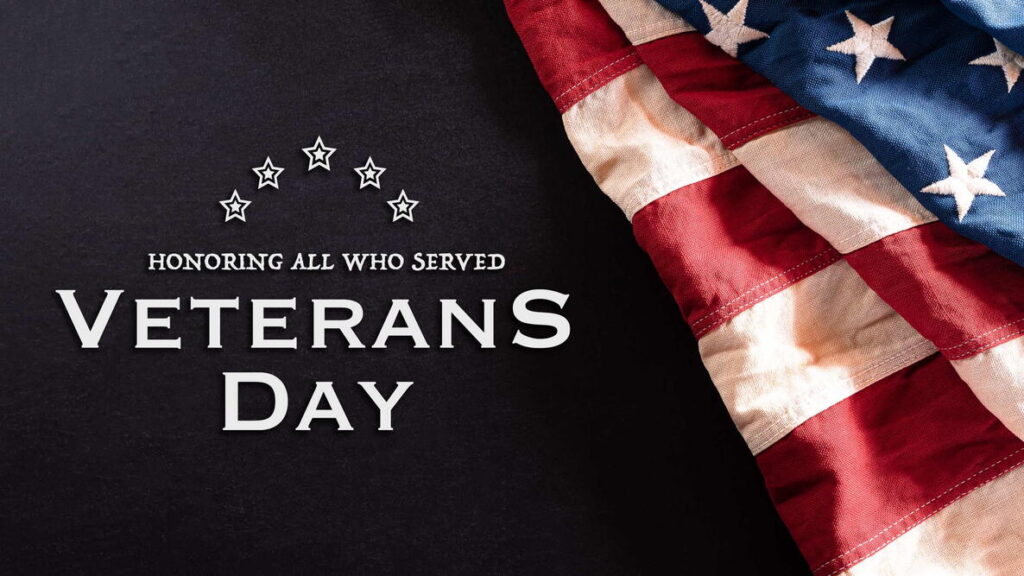
Gratitude and respect to all of our veterans and their families!

Gratitude and respect to all of our veterans and their families!
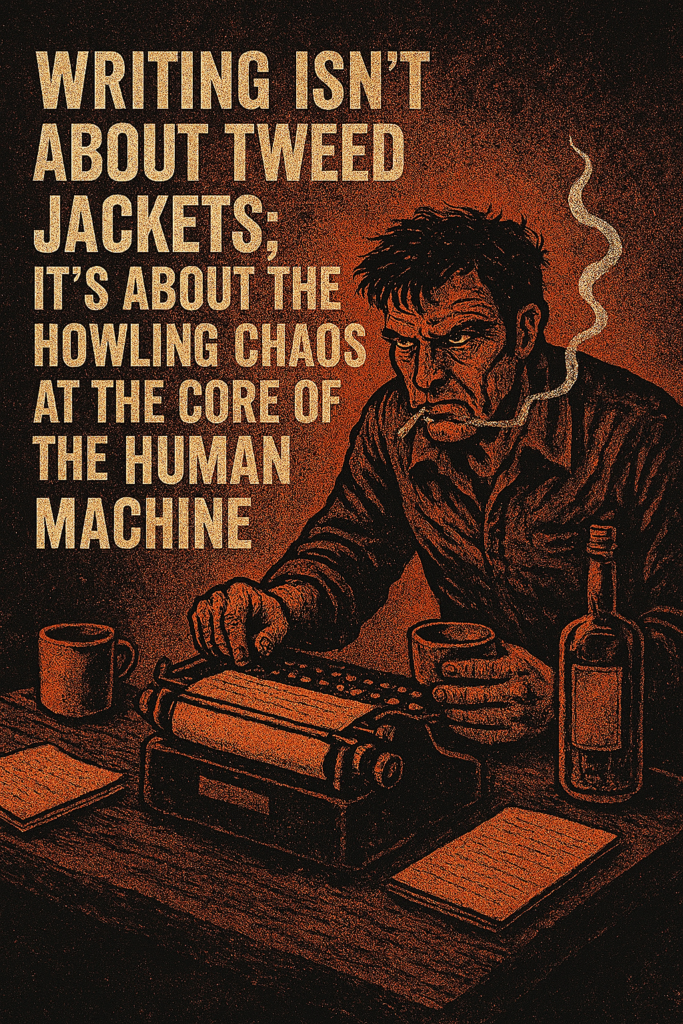
So you think you know what it takes to be a writer. You’ve got your little Moleskine, your artisanal coffee, your carefully curated suffering that looks great on an author bio. That’s cute. Let’s talk about November 9th, a date that serves as a goddamn benchmark for the kind of beautiful, high-octane derangement that actually forges words into weapons. Writing, dear reader, isn’t about tweed jackets; it’s about the howling chaos at the core of the human machine.
First, we rewind the tape to London, 1938. The air is thick with fascist foreplay and impending war as the city holds its breath before the Luftwaffe turns the sky into fire. Dylan Thomas (whose birthday we just celebrated here on October 27), 24, the Welsh wunderkind with a voice like God gargling gravel, incandescently drunk on love and existential rage, decides to get hitched. He makes a quick, unceremonious trip to the registry office with Caitlin Macnamara. A lesser man night have called it a day, maybe had a nice dinner, and worried about the existential dread of both matrimony and aerial bombardment.
Not Dylan…fuck no, thank you very much. This is Dylan Thomas. He drags his new bride to a pub, fueled by a cocktail of love, booze, and pure defiance, and proceeds to hammer out the final lines of “And death shall have no dominion,” a poem so defiant it might was well have been written in whiskey and gunpowder. That’s how it’s done. While the world is gearing up for mass slaughter, Thomas is scribbling a poem that gives the concept of death The Finger.
“Though they sink through the sea they shall rise again” – a line that got read over BBC airwaves while London burned, carved into war memorials, tattooed on soldiers, screamed at protests, and became a mantra for a people staring into the abyss.
Fast forward to 1965, New York City. The scene shifts from Blitz-era balls to a different type of explosion: the psychic detonation of Norman Mailer. After a party saturated with that special 60s blend of intellectual preening and pharmaceutical excess, Mailer, high on coke and ego and profoundly misguided artistic rage, stabs his wife Adele Morales with a penknife. I fear the young and temporally myopic dear reader may not know what a penknife is: it’s a small, folding knife originally designed for sharpening quill pens, hence the name. Over time, it evolved into a compact, pocket-sized blade used for general utility tasks like cutting string, opening packages, pretty much a contemporary pocket-knife.
She survives, miraculously. He pleads guilty to assault. So what does this literary lion, the heavyweight champion of American letters, do next? He writes An American Dream. It’s a novel about a man who – and you can’t make this up – murders his wife and gets away with it. This book is not safe. It’s certainly not sane. It’s a literary psych ward with no exit signs. Critics screamed and called it monstrous. Feminists demanded his head on a platter. Mailer, with a shrug that could curdle milk, called it “the most honest thing I’ve ever written,” which is like Charles Manson saying he finally found his truth in finger painting. It immediately sold 800,000 copies. Because America loves its monsters, especially when they write well. Literature rarely gets more dangerous than this, unless you could the times when Burroughs shot his wife in the face or when Hemingway tried to wrestle a shark for his manuscript. Forget your “edgy” campus novels. This was a man wrestling his own demons on the page for all the world to see, and daring you to look away.
Which brings us, dear reader, twitching and grinding our teeth, to today. November 9, 2025. Right here, right now. Your humble narrator, Jayson Gallaway – yes, the literary berserker with the limo-tinted eyes (“he can see out, but no one can see in”) and a keyboard soaked in venom and heartbreak, is engaged in a similar, if less publicly felonious, form of literary combat, slaving over a manuscript so unhinged it makes American Psycho look like a coloring book. The masterpiece is taking shape, a psycho-symphony of words pried from the clammy darkness The day’s schedule is a testament to the modern writer’s balanced life: a hyper-caffeinated morning spent wrestling sentences into submission, a brief pause for a sandwich that tastes like ash, and then the obligatory trip to the local asylum to visit a loved one whose grip on reality makes my own seem downright respectable.
And then, the real work. An unscheduled detour into pest control. Last night, a raccoon – a fat, insolent little fucker with the eyes of a tiny, furry gangster – had the sheer temerity, the stupid audacity, the unmitigated gall to sass me while I was defending the family trash can. There are lines, you see. An unspoken contract between man and beast that this particular creature violated with gusto. As always, I choose violence. So tonight, under the cold glare of a November moon, justice will be served. I’m going to murder that little motherfucker. Not metaphorically. Not poetically. Just good old-fashioned trashcan vengeance. It’s a small, violent, and frankly necessary act of reclaiming order in a universe that constantly threatens to spin out of control. Granted, it’s not stabbing your wife, and it’s not defying the Third Reich, but it’s the same goddamn impulse. It’s the primal scream against the chaos, whether that chaos comes from a bomber, a marriage, or a chittering idiot thief in the night.
Today is a hallowed day of for the beautifully deranged, the dangerously honest, and the creatively unhinged. If you’re not writing something that could get you arrested, excommunicated, or canonized, then what the hell are you doing? On this day of literary madness, raise a glass to the lunatics: to Thomas, Mailer, and all the other maniacs who understood that writing isn’t about telling a story. It’s about grabbing life by the throat, staring into its wild, bloodshot eyes, and refusing to be the first one to blink.
N.P.: “Edie (Ciao Baby) – The Cult

Today, dear reader, I’d like to talk about two of my favorite books, for both of which today’s date is significant. On this day, Fate coughed up one literary vampire and swallowed a master swordsman whole.
First, let’s spin the globe to Higo Province, Japan, circa 1656. Miyamoto Musashi – a name that should be spoken with a clenched jaw – is checking out. Not with a blade in his gut, as anyone who faced him would have bet, but from thoracic cancer. The universe, as always, has a sick sense of humor. This is a man who clocked over 60 dules, dispatching rivals with everything from a katana to a carved-up boat oar, only to be taken down by his own cellular mutiny. Zero losses on the battlefield, one big L to biology.
Of course, badass Musashi wasn’t about to go quietly. Propped up and dying, he dictated Go Rin no Sho, or The Book of Five Rings, to a disciple. Dictated. As in, too busy dying to write, but not too dead to drop a metaphysical nuke on the philosophy of combat. It was a philosophical kill shot aimed at the heart of mediocrity. “The true science of martial arts,” he wrote, “means practicing them in such a way that they will be useful at any time.” It’s the samurai versions of “stay ready so you don’t have to get ready.”
Musashi fought his last duel with a boat oar, not because he had to, but because he could. Because when your kill count reads like a census, you start improvising with driftwood just to keep things interesting. Then he retired to paint, sculpt, and write. Real warriors don’t just kill their enemies; they outlive them in ink and stone.
Now, spin the globe again and fast-forward 191 years to Dublin, where a sickly boy named Bram Stoker is born. He spends his first seven years horizontal, marinating in fever dreams and Victorian gloom – the perfect origin story for the man who would birth Dracula, the literary equivalent of a black velvet glove filled with broken glass.
Stoker grew up to be a respectable civil servant, a man seemingly destined for quiet mundanity. But beneath his tweed-vested exterior, a different beast was stirring. He stalked London’s grimy underbelly for research (as we do), interviewed sailors about the spectral horror of shipwrecks, just soaked in the city’s dread like a junkie. He poured this Victorian anxiety – colonial dread, sexual, repression, the terror of syphilis – into one aristocratic, blood-sucking fiend from the Carpathians.
The result was a cultural contagion so unsettling that Queen Victoria’s own librarian allegedly tried to have it banned. Fat chance, monkey girl. His line, “Listen to them – children of the night. What music they make,” is the ultimate horror flex, a sentence of pure, uncut goth swagger. Carve that shit into obsidian. Every vampire that his flickered across the screen since owes a debt to the sickly Irish boy who dreamed of a monster that could never be truly vanquished.
So here we are, dear reader, on a day and night of death and birth, a sword and a stake. One wrote the manual for killing with purpose; the other wrote the manual for living with fear.
Raise a glass. Sharpen your pen. And remember: immortality isn’t about living forever. It’s about leaving behind something that refuses to die.
Happy Deathday, Musashi. Happy Birthday, Stoker. The night is yours.
N.P.: “Secret Skin (Extended PIG Version) – PIG
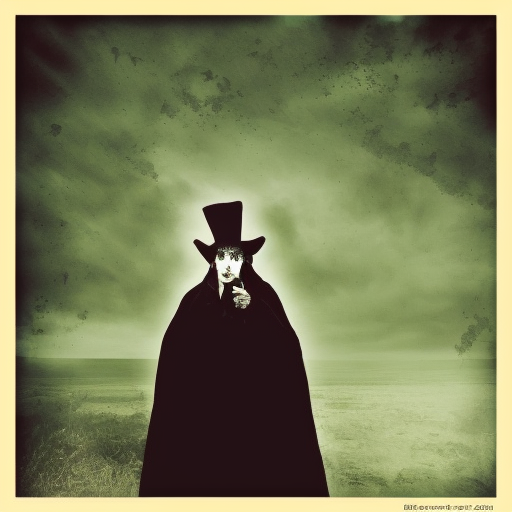
Life’s a dumpster fire.
We’re all just meat sacks with dreams.
Pass the whiskey, please.
N.P.: “Murder Bunny” – Riff Kitten

As the dear reader well knows, today, November 5 is the day England almost got lit – literally. Let us, you and I, consider the singular atmospheric conditions of London in the Year of Our Lord 1605, a city marinating in a soupy paranoia, a veritable gumbo of religious animus and political backstabbing so vicious it makes modern electoral cycles look like a game of schoolyard grab-ass. The air was thick with soot and suspicion, the Thames sloshing like a drunk’s conscience, and under the cobblestone civility of Parliament’s sacred underbelly squatted a man with a name destined for fireworks packaging and adolescent rebellion tattoos: Guy Fawkes. A man whose mustache would later be weaponized by anarcho-hacktivists and Hot Topic merch designers alike. But back then, he was just a hard-case Catholic mercenary with a penchant for black powder and a rather terminal disagreement with the Protestant ascendancy.
You have to admire the sheer, unadulterated balls of the plan. This was 36 barrels of gunpowder stacked like a theological middle finger aimed directly at the Protestant establishment. Fawkes wasn’t alone – he was the flammable tip of a conspiratorial spear wielded by Robert Catesby and a cadre of disillusioned papists who’d had enough of Elizabethan hangovers and James I’s anti-Catholic chokehold. They wanted revolution, not reform. They wanted to turn Parliament into a crater and crown a puppet queen who’d genuflect to Rome while sipping sacramental wine from the skull of a dead Puritan. Fuck yeah!
Spoiler: it didn’t work.
Fawkes got caught red-handed (or, more accurately, red-fisted) clutching matches and loitering near the powder like a pyromaniac at a birthday party. Torture ensued. They stretched him on the rack until his joints sang soprano. He confessed, of course. They all did. The gunpowder treason and plot unraveled quickly, and the conspirators were executed with absolute, theatrical brutality.
The plot failed, of course, but the myth metastasized. Guy Fawkes became the patron saint of beautiful failure. A martyr not for religion, but for the idea that the system is rigged and sometimes the only sane response is to blow it to hell.
So tonight, while the sky over London blisters with government-sanctioned pyrotechnics, raise a glass of something flammable to Guido Fawkes—the man who proved that sometimes the most dangerous weapon isn’t gunpowder.
N.P.: “Notice” – Joe Grah

Today’s Word of the Day, dear reader, is gongoozler. Though it sounds like something Willy Wonka whipped up in his lab over the course of several sleepless weeks, it is not. Gongoozler is a noun, meaning a person who enjoys watching activity on canals. Yep, there is a word for one who derives low-key, almost spiritual satisfaction from watching other people work on boats in a canal. Not the Instagram kind of watching – real, salt-crusted, binocular-free gawking while the gulls scream overhead and diesel fumes braid with your cigarette smoke. Like a perverse, waterborne version of birding, but with barges and the occasional guy named Chuck who’s been living on a houseboat since the Reagan administration.
The word gongoozler sloshed into existence sometime in the early 20th century, likely birthed from Lincolnshire dialect or the linguistic swamp of canal-worker slang. It’s a Frankenstein of “gawn” (to stare) and “goozle” (throat), which is somehow both accurate and vaguely obscene. The term was used to describe the idle gawkers who’d congregate near locks and bridges, watching boats pass like it was the Super Bowl of slow aquatic movement.
Let me tell you about the time I became a gongoozler, which is to say: a broke, semi-deranged canal voyeur with a penchant for sewage-adjacent existentialism.
Let me set the scene: it’s Seattle, circa my personal apocalypse. I had just moved to Fremont- a neighborhood north of Seattle that smells like kombucha and liberal artisanal despair – and I was living in a shoebox apartment that had the architectural charm of a Soviet interrogation room. I had no friends, no money, was in the middle of a prolonged nervous breakdown, and I couldn’t afford therapy. My only coping mechanism (and the only thing I could afford) was walking. So I walked. Specifically, I walked down by the ship canal, which is not a canal in the romantic Venetian sense but more like a concrete trench where boats go to die.
The Fremont ship canal is not what you’d call picturesque. It’s a manmade waterway that looks like it was designed by someone who hated both nature and joy. The water is a murky shade of “don’t ask,” and there were signs everywhere warning you not to fish because, apparently, the canal doubles as a sewage slip-n-slide. Naturally, this did not deter the local fishermen, who were mostly older Asian men with the kind of grim determination you’d expect from people who’ve seen some shit – both figuratively and, in this case, literally. It boggled my mind…there were dozens of them – warning you, quote, “untreated sewage is routinely discharged into this waterway.” Which is bureaucratic for: This canal is full of shit.”
But like some kind of secret society of defiant anglers who had collectively decided that gastrointestinal risk was a small price to pay for the thrill of catching a three-eyed trout. I tried talking to them. I really did…I was pretty desperate for a friend at that point. But, alas, they didn’t speak English, and I didn’t speak whatever dialect of “leave me alone” they were fluent in. They’d glare at me like I was interrupting a sacred ritual, which I probably was.
So I stopped trying to talk. I just watched. I watched the ships. I watched the fishermen. I watched the ducks that looked like they’d been though a chemical spill. I watched the joggers who ran like they were being chased by their own regrets. I became a kind of paragongoozler – not just watching the canal, but the entire ecosystem of weirdness orbiting it. It was like a slow-motion circus, and I was the sad clown in the audience, applauding the sewage ballet. Sometimes, when your brain is a dumpster fire and your wallet is a cruel joke, all you can do is stand by a canal and bear witness to the absurdity.
N.P.: “When The Lights Go Out” – Oingo Boingo
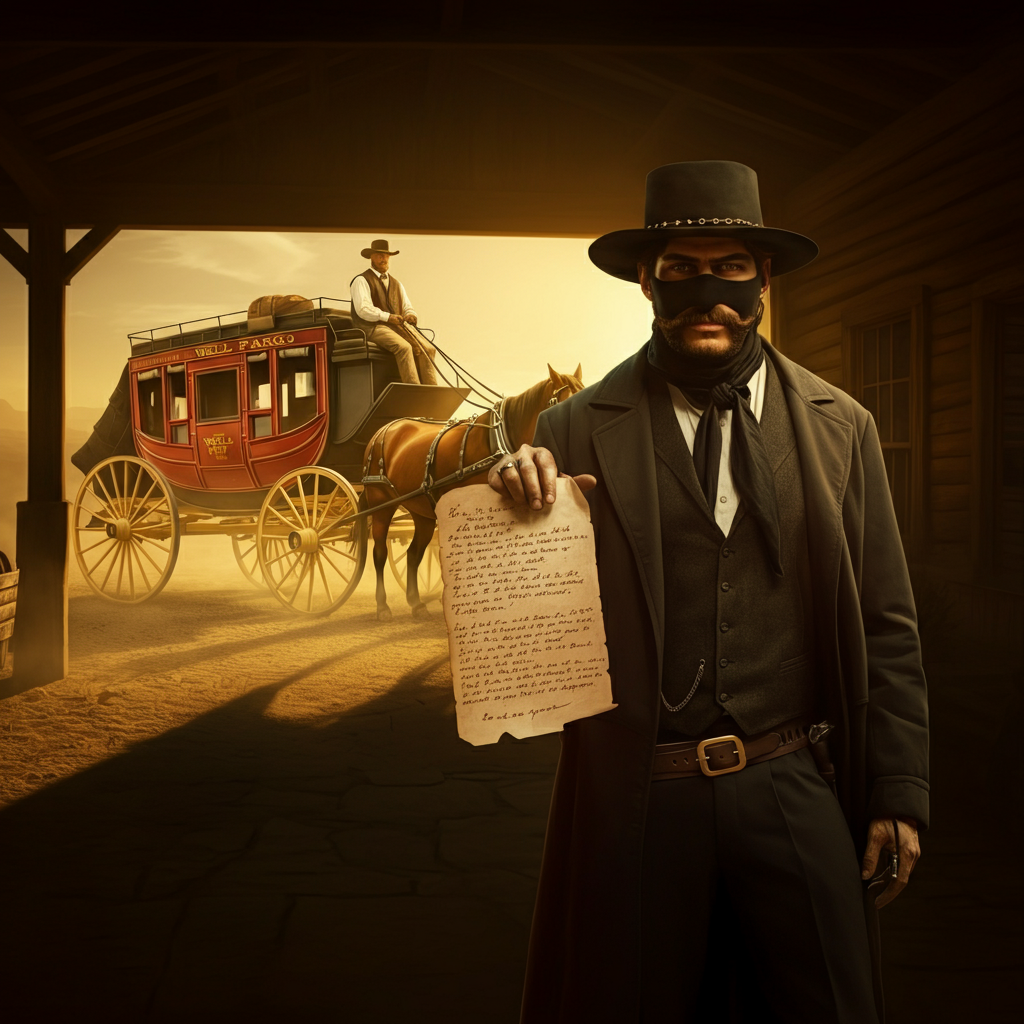
I’ve been sitting in this chair, typing, for so long I can’t remember the last time I could feel my ass. Totally numb. Maybe it got pissed off and left. Nobody’s talking. My Apple Watch has been chirping and buzzing and whining and bitching for hours now, giving my dire warnings about needing to stand the fuck up in order to avoid death by pulmonary embolism. Alas. Occupational hazard, I suppose. Never mind.
I’ve been reading a lot of local history recently…it’s surprisingly violent. Lots of gun fights, stagecoach robberies, showdowns…it was the Wild West.
Last night I was reading about this town a couple of dozen miles up the hills from where my ass is presently, seemingly, glued to this chair, called Copperopolis. And on this day in 1883, there was badassery.
Dig, if you will, the picture, dear reader: the air hangs thick with the promise of gold dust and low-grade desperation, a uniquely Californian scent. And somewhere in this sunblasted landscape, a man of letters, a gentleman of the road, is preparing his final act. There were plenty of roadside thugs waiting to bludgeon a driver for a his pocket watch (hell, there are even more of them now…California’s a shithole). No. This is Charles Boles, or maybe Bolton, or maybe some other name entirely, but known to the pants-wetting couriers of Wells Fargo as Black Bart. A childhood role model of mine, he always seemed to understand that crime, true crime, is performance art. Yes, he was a stagecoach bandit, but he was also an author, a character of his own meticulous creation. Dapper, they said. Never fired a shot, they said. They said he wielded politeness like a weapon and poetry like a business card. He robbed people with panache…just by being that badass.
Imagine it, man…the grinding wheels of the stagecoach, the exhausted breath of the horses, the sudden, theatrical appearance of a man in a flour-sack mask. He’s not brandishing a cannon; he’s projecting an aura. An aura that says, I am infinitely more interesting than you, and I’ll be taking your money now. He robbed 28 of these things. Twenty-eight. All without so much of a hint of the violence that defined his contemporaries. He was an artist working in the medium of highway robbery.
And like any good writer, he couldn’t resist leaving a note. After this final smash-up, he left behind a fragment of his particular brand of doggerel, a little literary fuck you to the establishment he routinely plundered: “Here I lay waiting in ambush to make that goddamn coach a smash…”
The thing that finally brought that curtain down on our poet, bandit wasn’t something like a dropped pistol or a careless fingerprint. It was a laundry mark (a tiny, coded symbol used back then) on the handkerchief he wrote his poem on. Ultimately, this most prolific stagecoach robber was undone by his dry cleaning.
They caught him, of course. Sent him away. He did his six years, walked out of prison a free man, and then – poof. Vanished. He dissolved back into the American ether, leaving behind nothing but a string of perfectly executed robberies and a handful of terrible poems. He became a ghost, a myth, a character who wrote himself out of his own story at the perfect moment. I dunno…I thought it was cool.
N.P.: “Hell in the Hollow” – Gravel N’ Bones
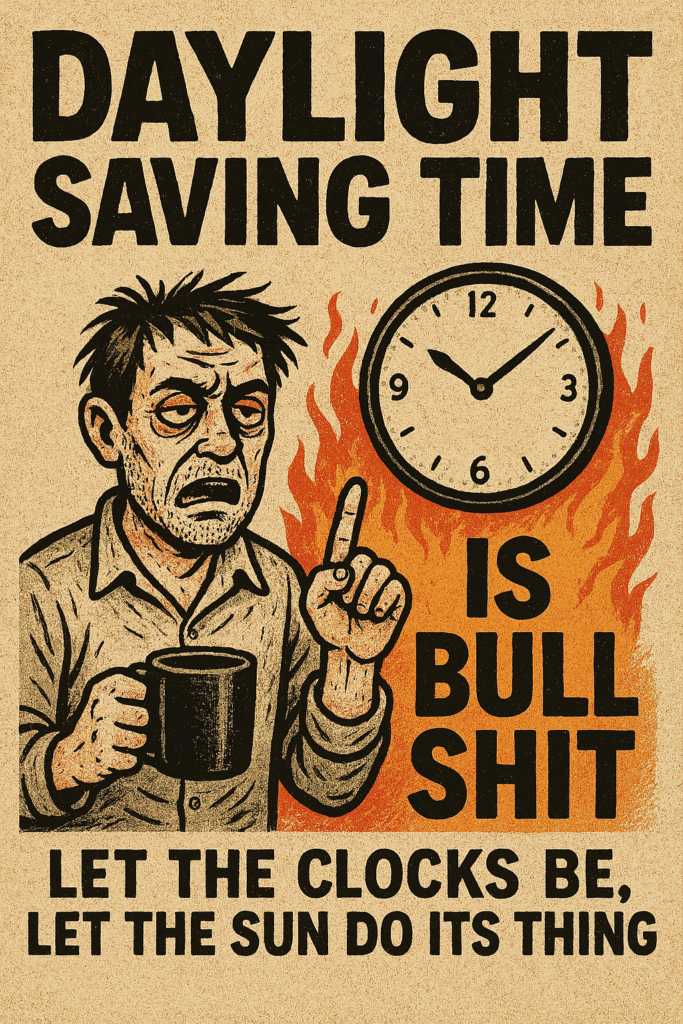
Well, shit, dear reader…here we are again, you and I, caught in the temporal crossfire of a twice-yearly madness so profoundly stupid, so breathtakingly asinine, that it beggars belief. We have just participated in that pitiful ritualistic act of national self-sabotage known as Daylight Saving Time (DST), a collective delusion that suggests, apparently, that we can somehow cheat the sun by dicking around with our clocks. It’s a cosmic prank played on a continental scale, and the punchline, dear reader, is us. Every single one of us, bleary-eyed and clutching our coffee like a life raft, stumbling through a Monday morning that feels like a Sunday night that’s been mugged in a dark alley. Daylight Saving Time is a flaming bag of legislative dogshit left on the doorstep of reason. It’s the kind of idea that sounds clever if you’ve just huffed a gallon of leaded gasoline and decided clocks are your enemy. Twice a year, we engage in this mass psychotic episode where we pretend that time is a rubber band we can stretch to fit our delusions. And now I’m hearing some lobotomized time cultists want to make this madness permanent? Jesus.
Let us, for a moment, peel back the layers of this particularly rancid onion. I’ve always been told, often with the kind of condescending pat on the head reserved for small children and large dogs, that this is about saving daylight. Saving it from what, exactly? Is the sun on a payment plan? Are we in danger of celestial foreclosure if we don’t hoard our precious photons? The whole premise is a monument to human arrogance, the idea that we can bend the unyielding physics of planetary rotation to our will by collectively lying to ourselves about what time it is.
The arguments propping up this chronological heresy are so flimsy they’d disintegrate in a light drizzle. Most members of our society are so slavishly accepting of what they’re told, they’ve never even thought to ask why put ourselves through this nonsense twice a year. But if they did ask (I was demanding answers when I was 6, and still have not heard anything that makes any sense whatsoever).
First, there’s the grand old myth of the farmer. Oh, the noble farmer! Picture him, dear reader. Straw hat, single piece of wheat dangling from his lips, rising with the roosters to till the soil. The narrative is that DST gives this salt-of-the-earth hero more daylight to work his fields. This is, to put it mildly, utter horseshit. I lived on a farm for a few years, and I can personally attest to this: Farmers, by the very nature of their profession, work by the sun, not by the arbitrary numbers on a clock. Cows don’t consult a Timex before they decide its milking time. The sun rises, the work begins. The sun sets, the work ends (but with lighting and farming equipment being what they’ve been the last several decades, work can go on all night (making this entire argument even more absurd)). This whole agrarian justification is a folksy lie, a sepia-toned piece of propaganda from a time when people were apparently more gullible. The truth is, most modern farmers find the time change a disruptive pain in the ass.
Second, consider the abject carnage this temporal shift inflicts upon our collective well-being. That “lost” hour in the spring isn’t just a minor inconvenience; it’s a society-wide biological assault. Studies and statistics all show a significant spike in heart attacks, strokes, and workplace injuries in the days following the “spring forward.” We are, in essence, subjecting the entire population to a mandatory dose of jet lag for…what, exactly? So that the goddamn suburbanites can get in another nine holes of golf before dusk? So their kids can play more Little League? We are literally sacrificing human health on the altar of evening leisure. It’s a barbaric trade-off, a public health crisis we willingly inflict upon ourselves twice a year with the cheerful idiocy of a lemming convention. Permanent DST would mean darker mornings year-round, which is a direct assault on your body’s natural light-based calibration system. And traffic accidents surge after the time change, especially in spring when people lose an hour of sleep and drive like caffeinated zombies. I’m old enough to remember the 1974 experiment with permanent DST, and the wave of children who were hit by cars in the morning darkness Congress had to yank the plug on that disaster after just a few months. But sure, let’s do it again – because nothing says “progress” like sacrificing schoolkids on the altar of artificial sunshine.
And third, there’s the energy savings canard. This is the one the bureaucrats love. The original justification for DST was wartime fuel conservation. The idea was that shifting daylight would reduce the need for artificial lighting in the evening, thereby saving precious energy. It sounds plausible, right? Logical, even. Except it’s not true. Not anymore. That was a century ago, when people lit their homes with whale oil and prayed to the gods of coal. Today, we’re drowning in screens, air conditioners, and 24/7 electricity consumption. Studies show DST increases energy use in some states. Even if managed any miniscule savings in some fictional American city where they only use energy for lighting, that savings would be completely offset, and then some, by increased energy consumption in the dark, newly-colder mornings. People wake up in the pitch-black and crank up the heat. They turn on more lights to navigate their pre-dawn homes. The net effect on energy consumption is negligible at best, and at worst, we’re actually burning more fuel to sustain this farce. We’re not saving daylight by any stretch, we’re just shifting it around like a drunk trying to rearrange furniture in a burning house.
Which brings us to the real kicker: the Sunshine Protection Act. A name so Orwellian it makes “hate speech” sound like Shakespeare. This legislative turd, championed by the kind of politicians who think time zones are a racist, capitalist plot, would make DST permanent. They want to lock us into permanent chronological dissonance, where the sun is at its highest point at 1 p.m. and school children are waiting for the bus in what feels like the dead of night. It would be like living in a casino designed by Kafka. It’s a special kind of madness to want to live your entire life on a lie, to permanently divorce your societal clock from solar reality. These are people who would try to solve a flood by turning up the radio. Their solution to a broken system is to make the brokenness permanent.
Sleep scientists, medical associations, and anyone with a functioning frontal lobe advocate for permanent standard time. But no – some idiots want to keep the clocks jacked forward so they can play golf at 7 p.m. while the rest of us stumble through the morning like jet-lagged wombats.
So, dear reader, let us stand in unified, incandescent rage against this tyranny of the clock. This is not a quaint tradition. It’s a mass-scale, twice-yearly exercise in self-sabotage, a solution in search of a problem that no longer exists, propped up by lies and defended by fools. It’s time to kill it. Kill it with fire. Let the clocks be, let the sun do its thing, and let us, for the love of all that’s holy, get some goddamn sleep. When you wake up, tell your congressperson to stick DST where the sun don’t shine – because that’s exactly what it does.
N.P.: “You Don’t Turn Me On” – Bile

Well, thank Christ that’s over. What a fucking flop! Last night’s so-called “celebration” was less a perverted bacchanal of costumed chaos and more a pathetic exercise in suburban futility. Two kids. Two! As in, one pair. As in, not even enough to form a quorum for a haunted game of Duck Duck Goose. Last year, the Safe House was a sugar-slick war zone – doorbell ringing like a fire alarm, candy flying like ticker tape, tiny goblins and superheroes swarming like locusts. So naturally, this year, I prepared. I went full Costco. Bought enough candy to induce a diabetic coma in a mid-sized village. And what did I get? A couple of half assed Elsa knockoffs and a lingering sense of betrayal.
Why the ghost-town turnout? Maybe the neighborhood kids unionized and declared our porch “too spooky.” I’d suspect the local HOA banned fun or something, but they were all executed by firing squad in 2023. Maybe there was a TikTok trend warning that the Safe House was haunted by the ghost of last year’s dentist. Or maybe the children of Fecal Creek have evolved beyond candy, now subsisting entirely on influencer merch and weed. Whatever the reason, I’m left with a mountain of uneaten sugar and a soul full of rage. But never mind all that.
Today, November 1st, is National Author’s Day – a Hallmarkian nod to the ink-slingers, the word-jockeys, the caffeine-addled typists who dare to make meaning out of the chaos. It’s a day for celebrating literary contributions, which is a polite euphemism for “thank you for bleeding onto the page so we don’t have to.” And while the usual suspects will be trotted out – your novelists, your poets, your memoirists (those pains in the ass) with their trauma-for-breakfast – today we raise a glass (or a Hustler-branded flask full of rotgut bourbon) to one of the most subversive authors this country ever produced: Larry Claxton Flynt, Jr.
Born in Lakeville, Kentucky, in 1942, Flynt emerged from the American South like a libidinous banshee with a printing press. He didn’t write novels. He didn’t write essays. He wrote Hustler. And Hustler was a glossy, sticky dirty bomb unleashed directly on the sanctimonious façade of American decency.
Flynt understood something most authors only flirt with in the MFA programs before retreating to the safety of metaphor: that the First Amendment is not a polite suggestion. It’s a weapon, and in 1988, he proved it. Hustler Magazine v. Falwell was more like constitutional poetry than a court case. The Supreme Court ruled that parody – even the kind that makes televangelists cry into their gold-plated bathtubs – is protected speech.
And let’s not forget, dear reader: the man took a bullet in 1978. A literal bullet. Not a metaphorical one. Not a bad review or a mean tweet. A real, spinal-cord-shattering, life-altering slug from a maniac. But that didn’t even slow Uncle Larry down. He kept publishing. Fram a wheelchair. With a golden gun and a mouth full of legal venom. He became the wheelchair-bound warlord of the First Amendment, rolling through courtrooms and editorial meetings like a tank made of smut and jurisprudence.
So on this National Author’s Day, while your sipping your pumpkin spice latte and posting quotes from dead poets on Instagram, take a moment to honor the man who reminded us that literature isn’t always pretty. Sometimes its profane. Sometimes its naked. Sometimes its waving your middle finger while quoting the Constitution. Larry Flynt bulldozed boundaries, lit them on fire, and published the photos.
Happy birthday, Larry, you old pervert.
N.P.: “Get Em Up” – Paul Oakenfold, Ice Cube

And so it arrives. The Main Event. Halloween proper, the zero hour of the Gallaway Calendar, which, if you’ve been paying attention (and I know most of you haven’t, because you were busy duct-taping fake intestines to your front porch or mainlining candy corn like it’s Adderall), marks not the end but the beginning. The Big Bang of the weird. The first tick of the cosmic clock that runs of mischief, masks, and the sacred art of pretending. You want to be a sexy vampire? A depressed cowboy? A sentient bag of Doritos? Today, the universe says: “Yes.”
Like any good New Year, today demands a resolution. Not the gym membership kind. Not the “I’ll stop doomscrolling after midnight” kind. I’m talking about the real stuff. The marrow-deep vow to live louder, weirder, and with more intentional chaos. To reject the tyranny of the beige. To embrace the sacred disorder of the human soul.
Because Halloween is the only day the world agrees to play by Gallaway rules: that masks reveal more than they hide, that fear is a form of worship, and that the line between comedy and horror is not a line at all, but a Mobius strip make out of rubber bats and existential dread.
So tonight, when you’re out there – whether you’re chaperoning sugar-addled goblins or dancing in a warehouse dressed as a haunted spreadsheet – remember this: you are not celebrating death. You are celebrating the refusal to be dead. You are ringing in the new year of the beautifully deranged, the spiritually feral, the unapologetically strange.
Happy Halloween, dear reader. May your candy be spiked, your costumes be cursed, and your soul be just a little more unhinged than it was yesterday.
Now go howl at something.
N.P.: “This Is Halloween” – Marilyn Manson